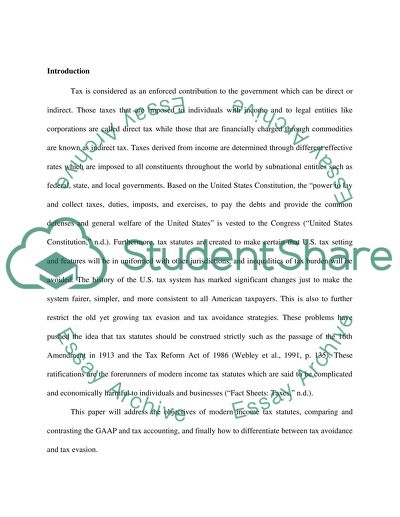Cite this document
(“Tax Law & Accounting Research Paper Example | Topics and Well Written Essays - 1000 words”, n.d.)
Retrieved from https://studentshare.org/family-consumer-science/1405411-tax-law-accounting
Retrieved from https://studentshare.org/family-consumer-science/1405411-tax-law-accounting
(Tax Law & Accounting Research Paper Example | Topics and Well Written Essays - 1000 Words)
https://studentshare.org/family-consumer-science/1405411-tax-law-accounting.
https://studentshare.org/family-consumer-science/1405411-tax-law-accounting.
“Tax Law & Accounting Research Paper Example | Topics and Well Written Essays - 1000 Words”, n.d. https://studentshare.org/family-consumer-science/1405411-tax-law-accounting.


